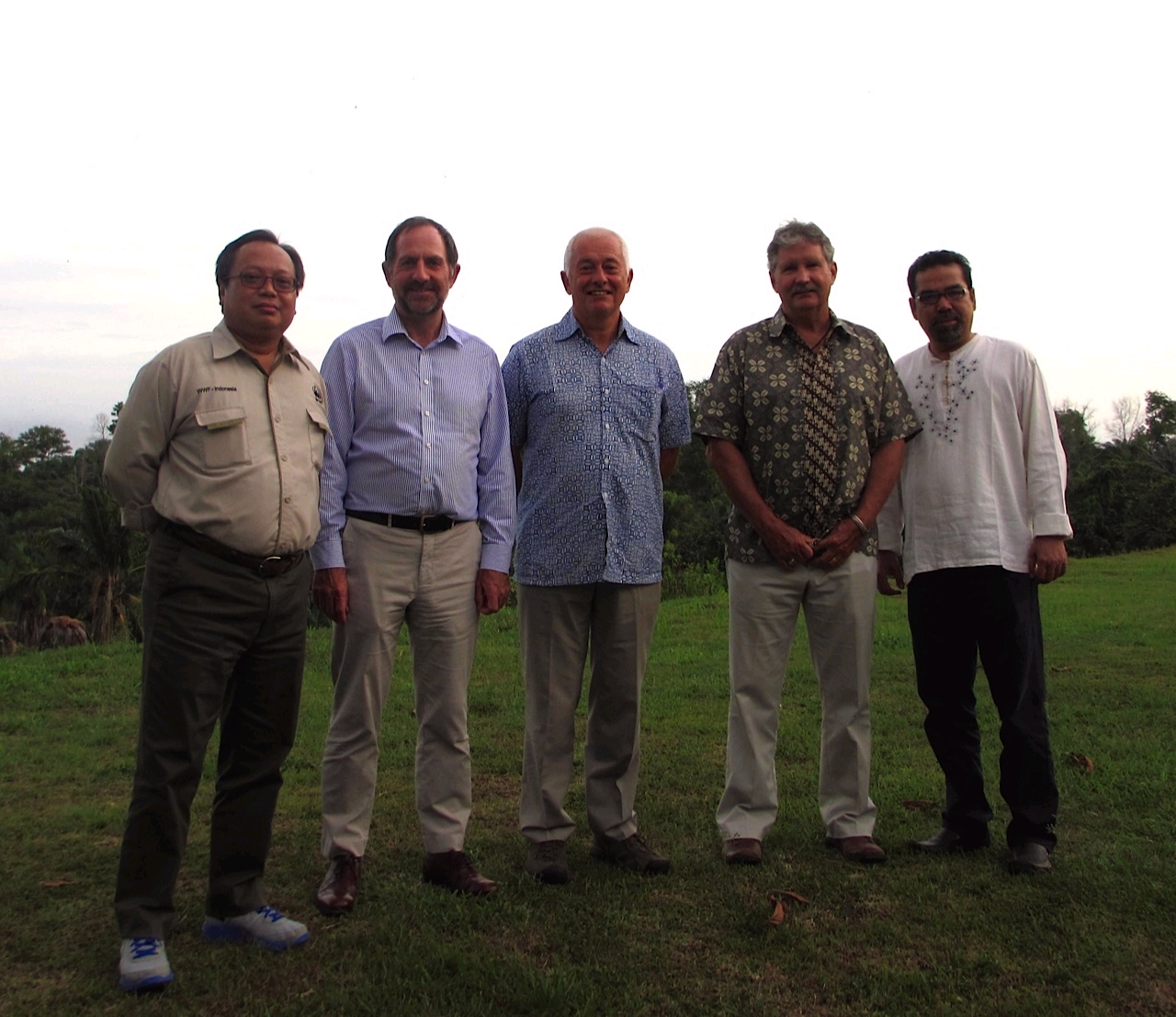KPMG appointed to assess implementation of APRIL’s sustainability policy
The Stakeholder Advisory Committee (SAC) has appointed KPMG Performance Registrar Inc. (KPMG PRI) to conduct specified auditing procedures to assess implementation of APRIL’s Sustainable Forest Management Policy (SFMP). SAC is due to issue a report of recommendations in November based on KPMG PRI’s findings.

The Stakeholder Advisory Committee oversee APRIL’s Sustainable Forest Management Policy implementation
SAC, created in January to oversee APRIL’s policy implementation, made its appointment two-weeks ago in a three-day policy review with APRIL management. It has appointed KPMG PRI to conduct specified auditing procedures to assess implementation of APRIL’s SFMP. KPMG PRI is a subsidiary of KPMG in Canada, which is a part of the KPMG International network of professional firms that provides audit, tax and advisory services globally. KPMG in Canada has provided forestry assurance services to the public and private sector across multiple jurisdictions for almost 20 years and currently maintains accredited subsidiaries that provide the Forest Stewardship Council (FSC) certification and the Programme for the Endorsement of Forest Certification (PEFC).
SAC also called on APRIL to develop a long-term plan for forest conservation. The forests in the lowlands of Sumatra are one of the world’s most threatened ecosystems and SAC welcomed APRIL’s commitment to take the lead in ensuring the conservation of significant areas both within its existing concessions and by taking out restoration concession leases on some old logging concessions. The company currently protects 250,000 hectares of High Conservation Value Forest. But SAC members noted that conservation zones are spread throughout numerous forest concessions. It said future conservation plans should address the size, shape and geographic proximity of protected areas. It’s believed that larger, contiguous areas are best suited to sustaining biodiversity.
“APRIL has a big opportunity to protect large landscape areas by addressing global conservation priorities,” said SAC Chairman Joe Lawson. “But processes need to be strengthened in line with a long-term plan for forest conservation.”
APRIL manages forest plantations that provide wood for its pulp and paper mill in Indonesia. Comprising of forest and social development experts, SAC noted that APRIL relies on a High Conservation Value (HCV) process to identify areas within forest concessions to be protected. SAC acknowledged the company’s successful implementation of “ring concept” in which plantations are designed around conservation zones to buffer protected forest against encroachment and fire.
SAC also noted concerns expressed by WWF Indonesia and other local NGOs over the compliance of SFMP implementation, in particular the encroachment of HCV areas in Sumatra. SAC discussed the issues and urged APRIL Management to apply more rigorous spatial monitoring and ground-truthing, including in Sumatra’s Kampar Peninsula and Pulau Padang.
SAC asked APRIL for process improvements to achieve biodiversity gains in Sumatra’s Riau Province where APRIL operates. Among the recommendations:
- Use the global HCV Resource Network to provide expert review of HCV forest assessments conducted for new APRIL wood suppliers;
- Ensure that programs are in place to prevent forest development while HCV reviews are underway;
- Support the improvement of the HCV process in Indonesia through programs such as training expert reviewers;
- Take the lead in collaborating with government, communities and industry on fire prevention measures.
About the Stakeholder Advisory Committee:
The Stakeholder Advisory Committee is an independent group of forest and social development experts established to oversee implementation of APRIL’s Sustainable Forest Management Policy. The committee, created in January 2014, reviews the company’s sustainability progress and makes recommendations for improvements. It appoints an independent auditor to assess APRIL’s implementation performance. The committee publishes findings of its deliberations, recommendations and reports at www.aprildialog.com




